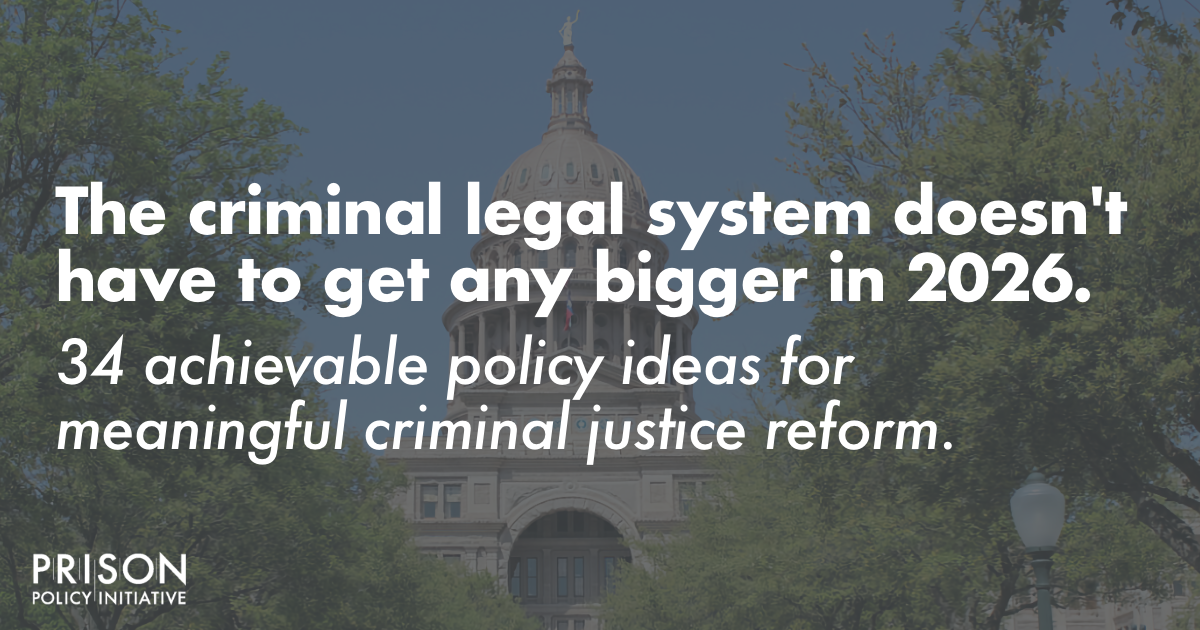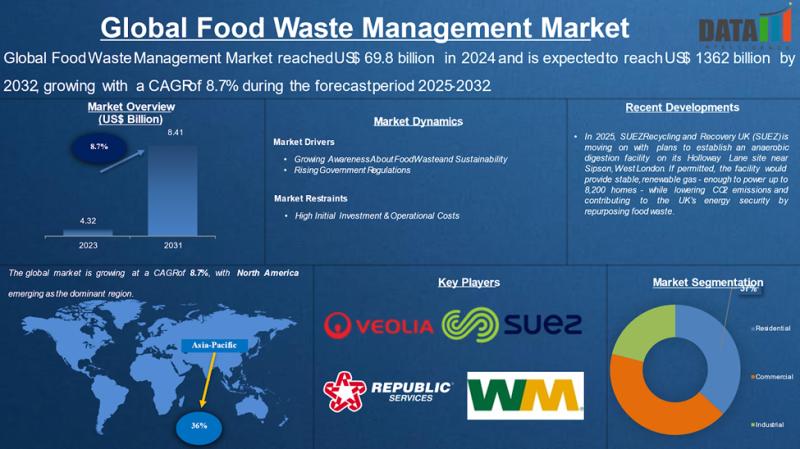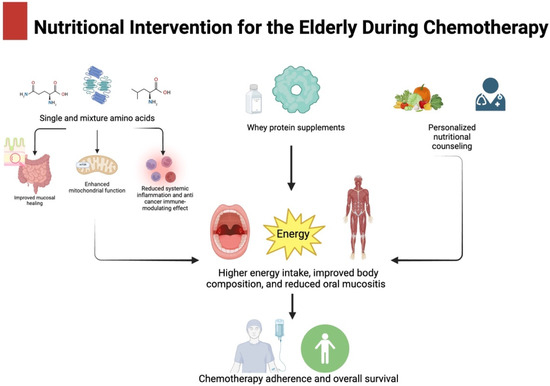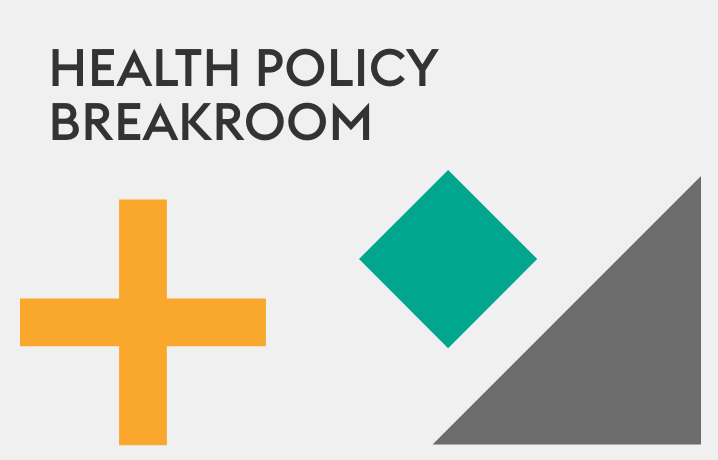Governance of cross-border genomic data sharing through a human rights approach – Nature

Report on Governance of Cross-Border Genomic Data Sharing: A Human Rights Approach Aligned with Sustainable Development Goals
Executive Summary
The international sharing of genomic data is fundamental to advancing global research, understanding human genetic diversity, and strengthening public health systems, directly contributing to Sustainable Development Goal 3 (Good Health and Well-being). However, this practice raises significant concerns regarding biosecurity, individual privacy, and conflicting national regulations, which can impede progress. Current governance models, often based on data sovereignty, are frequently inadequate. They tend to overemphasize national control and protectionism, failing to address the transnational nature of genomic data and its status as a shared human heritage. This report proposes a human rights-based governance framework that transcends territorial boundaries. Such a framework promotes shared responsibility and equitable research practices, aligning with SDG 10 (Reduced Inequalities) and SDG 17 (Partnerships for the Goals). By incorporating extraterritorial obligations and aligning data policy with universal human rights, a balanced governance structure can protect individual rights and security while fostering the international collaboration required for ethically responsible genomic research and the achievement of the SDGs.
1.0 The Imperative for International Collaboration in Genomics
Cross-border genomic data sharing is a critical enabler for achieving key Sustainable Development Goals. The practice is essential for:
- Advancing Global Health (SDG 3): Facilitating research into diseases, developing new treatments, and enabling a rapid response to international public health crises.
- Promoting Innovation and Infrastructure (SDG 9): Encouraging scientific progress and building robust, interconnected data systems for research.
- Fostering Global Partnerships (SDG 17): International collaboration is the cornerstone of large-scale genomic studies that benefit all of humanity.
2.0 Challenges in Current Governance Models
Despite its importance, the sharing of genomic data is hindered by several challenges that current governance frameworks, particularly those centered on data sovereignty, fail to adequately resolve.
2.1 Key Challenges
- Biosecurity Risks: Concerns over the potential misuse of sensitive genetic information.
- Individual Privacy: Protecting the rights and personal data of individuals across different legal jurisdictions.
- Regulatory and Legal Conflicts: Disparate national laws on data protection create barriers to seamless international data flow.
2.2 Limitations of Data Sovereignty Frameworks
Data sovereignty approaches, while intended to protect national interests, often present significant obstacles to achieving global goals:
- Overemphasis on National Control: A focus on protectionism can stifle the international collaboration necessary for progress under SDG 17.
- Inadequacy for Transnational Data: Genomic data is inherently part of a shared human heritage and does not recognize national borders, making purely territorial governance ineffective.
- Risk of Exacerbating Inequality: Strict national controls can limit access to data and research opportunities for lower-income countries, undermining efforts toward SDG 10 (Reduced Inequalities).
3.0 A Proposed Human Rights-Based Governance Framework
To overcome these limitations, this report advocates for a human rights-based approach to governance. This model shifts the focus from national control to shared global responsibility, ensuring that data sharing is both ethical and equitable.
3.1 Core Principles of the Framework
- Shared Responsibility: Recognizes genomic data as a shared heritage of humanity, requiring collective stewardship to advance global well-being (SDG 3).
- Equitable Research Practices: Ensures that the benefits of genomic research are distributed fairly and that all populations, especially those in developing nations, can participate in and profit from scientific advancements, directly supporting SDG 10.
- Extraterritorial Obligations: Requires states and institutions to uphold human rights standards regardless of where data is stored or processed, creating a consistent and protective environment for international collaboration (SDG 16: Peace, Justice, and Strong Institutions).
4.0 Conclusion and Recommendations
A transition from national data sovereignty to a human rights-based governance model is essential for the future of genomic research. Such a framework provides a more effective and ethical path to harnessing the power of genomic data for the global good.
It is recommended that international bodies, national governments, and research institutions collaborate to:
- Develop and adopt a balanced governance framework that integrates human rights principles and extraterritorial obligations.
- Align national data policies with international human rights law to safeguard individual privacy and biosecurity without hindering scientific progress.
- Promote international partnerships (SDG 17) that support ethically responsible and equitable genomic research, ensuring that advancements in health and science benefit all of humanity and contribute to a more sustainable and just world.
Analysis of Sustainable Development Goals in the Article
1. Which SDGs are addressed or connected to the issues highlighted in the article?
-
SDG 3: Good Health and Well-being
The article directly connects to SDG 3 by emphasizing that “Cross-border genomic data sharing is crucial for advancing research progress, understanding of genetic diversity and international public health.” This highlights the role of genomic research in improving health outcomes and addressing global health challenges.
-
SDG 9: Industry, Innovation, and Infrastructure
This goal is relevant as the article discusses the need to “advancing research progress” and promote “ethically responsible genomic research.” This involves enhancing scientific research and innovation. The discussion of a “governance system” for data also pertains to the development of robust technological and policy infrastructure to support scientific advancement.
-
SDG 16: Peace, Justice, and Strong Institutions
The article’s core proposal for a “human rights-based approach” and a “balanced governance framework” that addresses “regulatory conflicts” and “biosecurity” directly relates to building effective, accountable, and just institutions. It calls for a system that safeguards “individual privacy” and promotes the rule of law across borders through “extraterritorial obligations,” which is central to SDG 16.
-
SDG 17: Partnerships for the Goals
This goal is central to the article’s theme. The text advocates for “international collaboration” and “cross-border genomic data sharing” while critiquing “national control and protectionism.” The proposed framework aims to reflect the “shared human heritage of the data and global interconnectivity,” which embodies the spirit of global partnership for sustainable development.
2. What specific targets under those SDGs can be identified based on the article’s content?
-
SDG 3: Good Health and Well-being
- Target 3.b: Support the research and development of vaccines and medicines. The article’s call to “advancing research progress” through genomic data sharing is a foundational step for the R&D mentioned in this target.
- Target 3.d: Strengthen the capacity of all countries… for early warning, risk reduction and management of national and global health risks. The focus on “international public health” and “biosecurity” implies that sharing genomic data is essential for managing global health threats.
-
SDG 9: Industry, Innovation, and Infrastructure
- Target 9.5: Enhance scientific research, upgrade the technological capabilities… and encourage innovation. The article’s entire premise is to create a better governance framework to “encourage international collaboration and support ethically responsible genomic research.”
-
SDG 16: Peace, Justice, and Strong Institutions
- Target 16.3: Promote the rule of law at the national and international levels and ensure equal access to justice for all. The proposal for a “human rights-based approach” and a governance framework with “extraterritorial obligations” is an effort to establish an international rule of law for data.
- Target 16.6: Develop effective, accountable and transparent institutions at all levels. The article critiques existing frameworks as “inadequate” and proposes a new, more effective “governance system.”
- Target 16.10: Ensure public access to information and protect fundamental freedoms. The article addresses the critical balance between enabling data sharing for research and the need to “safeguard individual privacy,” a fundamental freedom.
-
SDG 17: Partnerships for the Goals
- Target 17.6: Enhance North-South, South-South and triangular regional and international cooperation on and access to science, technology and innovation. The article is a direct call for this type of cooperation through “cross-border genomic data sharing” and “international collaboration.”
- Target 17.16: Enhance the global partnership for sustainable development, complemented by multi-stakeholder partnerships. The article advocates for a global approach that transcends “territorial boundaries” and “national control,” which is the definition of a global partnership.
3. Are there any indicators mentioned or implied in the article that can be used to measure progress towards the identified targets?
The article is conceptual and does not state explicit metrics, but it implies several qualitative indicators for measuring progress:
- Development of international governance frameworks: Progress could be measured by the creation and adoption of a “balanced governance framework” for genomic data that incorporates “human rights principles” and “extraterritorial obligations,” as proposed in the article.
- Increase in international research collaboration: An indicator would be the number and scope of international collaborative projects that are facilitated by new data-sharing agreements, reflecting the goal to “encourage international collaboration.”
- Adoption of ethical and equitable practices: Progress can be tracked by the implementation of policies that ensure “equitable research practices” and “shared responsibility” in cross-border data initiatives.
- Protection of individual rights: An indicator would be the existence and enforcement of mechanisms within data-sharing agreements that effectively “safeguard individual privacy and biosecurity” while allowing for responsible research.
4. Table of SDGs, Targets, and Indicators
| SDGs | Targets | Indicators (Implied from Article) |
|---|---|---|
| SDG 3: Good Health and Well-being | Target 3.d: Strengthen capacity for management of global health risks. | Existence of international agreements promoting genomic data sharing for international public health and biosecurity. |
| SDG 9: Industry, Innovation, and Infrastructure | Target 9.5: Enhance scientific research and encourage innovation. | Number of international collaborative research projects utilizing shared genomic data under an ethically responsible framework. |
| SDG 16: Peace, Justice, and Strong Institutions | Target 16.10: Protect fundamental freedoms. | Adoption of legal frameworks for data sharing that explicitly balance research access with the safeguarding of individual privacy based on human rights principles. |
| SDG 17: Partnerships for the Goals | Target 17.16: Enhance the global partnership for sustainable development. | Establishment of a global governance system for genomic data that promotes shared responsibility and moves beyond national protectionism. |
Source: nature.com

What is Your Reaction?
 Like
0
Like
0
 Dislike
0
Dislike
0
 Love
0
Love
0
 Funny
0
Funny
0
 Angry
0
Angry
0
 Sad
0
Sad
0
 Wow
0
Wow
0













































































